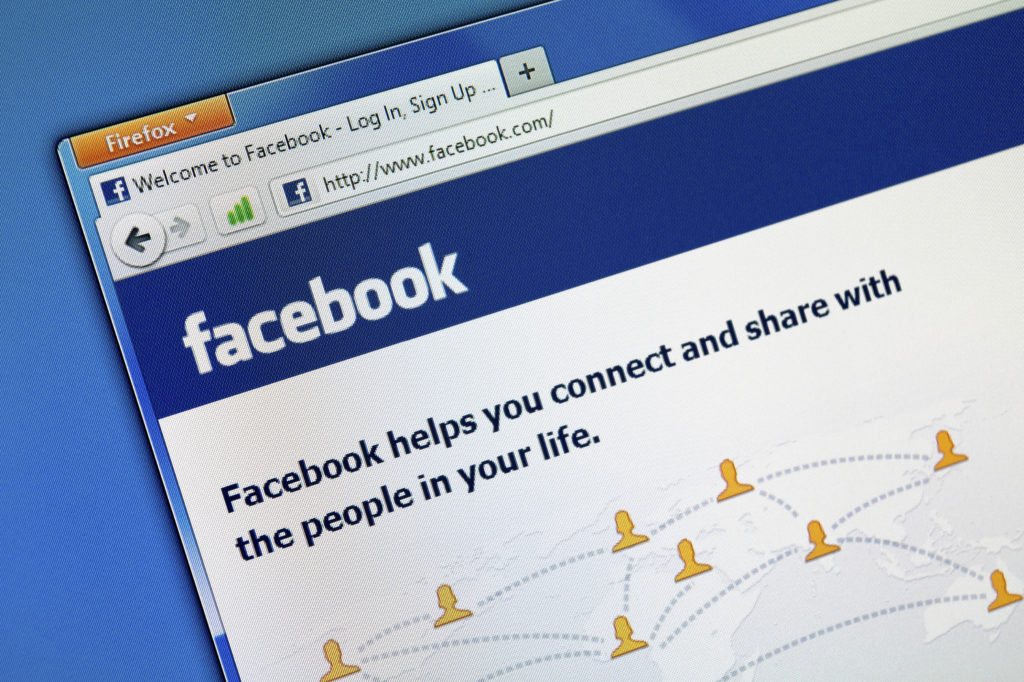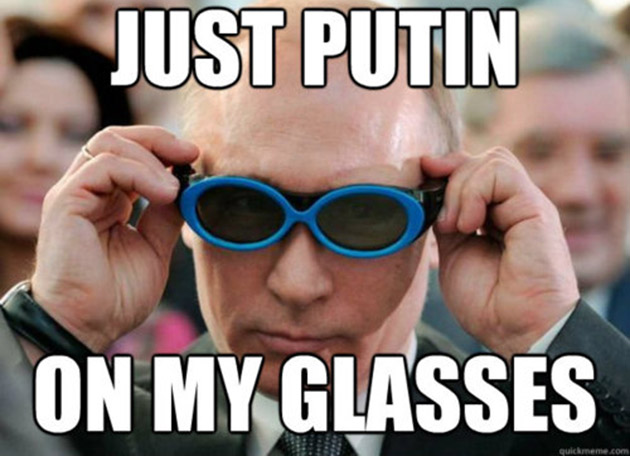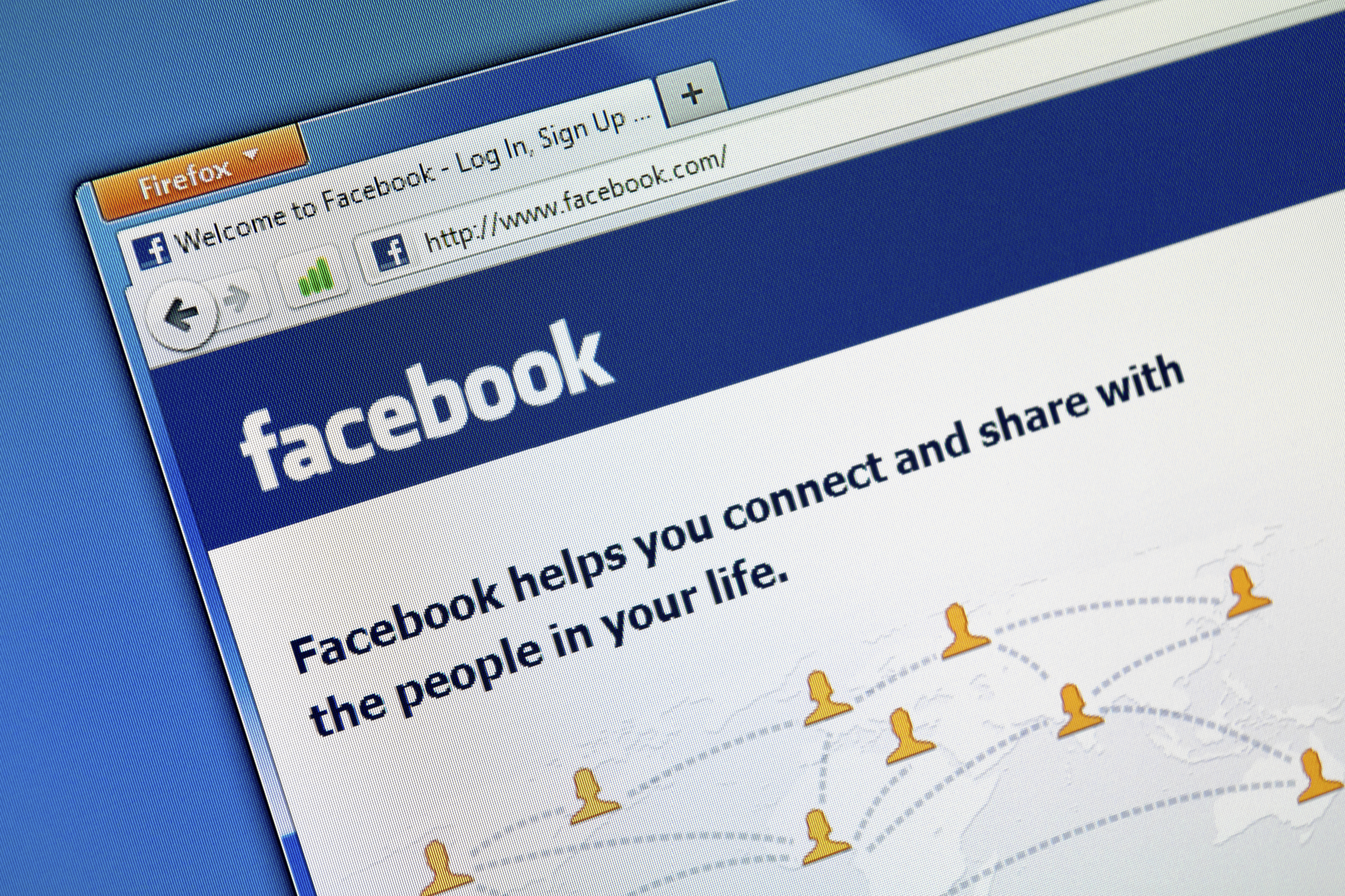How the Internet took over the world – Lydia Torrington & Holly Folkard-Smith
Imagine this: having been honoured with one of the RHS baggy meals for lunch, you reach inside to see what wonders you have been blessed with. As you rummage around you discover the most thrilling element of these gourmet meals… the water bottle. What do you do with it? Of course you flip it. Next you either dab in celebration and receive admiration from your peers or you’re one of those people who will retreat to the corner, repeatably flipping it until you find success. If this is not a familiar situation to you then, you must have at least experienced trying to teach your parents how to dab, or been subject to the chilling experience that is the ice bucket challenge. But do you know what it is that makes these seemingly pointless crazes so addictive and important in our day-to-day online lives?
To understand the internet, we need start at the beginning, way back in the 1980s. A famous mathematician named Tim Berners-Lee invented the World Wide Web and we owe this guy a lot of gratitude. For little did he know, his miracle invention was going to be the catalyst for the following generation’s revolution into the age of social media. Sites like MySpace and LinkedIn gained prominence in the early 2000s, and would be the platform for sites like Snapchat, Instagram and Facebook. So before we fully delve into the extremities of the Internets’ reasons for world domination, we should like to recap with you some definitions, just in case you have forgotten what these vital words mean (mostly for the amusement of the older generations reading this):
Social media: Websites and applications that enable users to create and share content or to participate in social networking.
Facebook: A website where you can show information about yourself and communicate with groups of friends from all over the world
Instagram: An online mobile photo-sharing service that enables its users to take pictures and videos, and share them either publicity or privately
Snapchat: A mobile app that allows users to send and receive “self-destructing” photos and videos
Twitter: Allows users to publish short ‘tweets’ that are visible to other users
Meme: An image, video, piece of text etc. typically humorous in nature, that is copied and spread rapidly by internet users
iMessage: A free service from Apple that enables users to send a text messages to one or multiple people over Wi-Fi from mobile devices
Emojis: The colourful mini faces/symbols that introduce you to things you never knew existed (like rice cakes and bento boxes!)
Short-hand (txt tlk): A method of rapid typing by means of abbreviations or symbols
Banter: the playful and friendly exchange of teasing remarks
Social media. It’s addictive. It’s irreplaceable and for some of the more lonely of you, it’s your ‘life’. The average teenager checks their phone at least 85 times a day. But why? What is so incredibly fascinating about scrolling through a feed full of talking cats or bad jokes? Even though we all know it has some high points. First: it allows us to connect with people from all over the world and stay informed about huge events- I’m sure many of you saw the Snapchat ‘stories’ from the Presidential Election and Rio Olympics. “You can watch that on the news” the Luddites among you will say, but this way, it is presented in a newer, more modern form – which is a more attractive and easier for us youths to understand. We may not be drawn to reading a long articles in broadsheet but if the story pops up on our feed, through the BBC Facebook page, there’s a bigger chance that we’ll pay attention. Second: there is an obsession to keep up-to-date with the latest celebs lives being jealously, secretly interested when they flaunt their exotic holidays, latest hookups or lip kits on Instagram. The most notorious Instagram superstars are as follows- one of them well known for her online reputation. Kim Kardashian (87.98 million followers), Selena Gomez (103 million followers) and Beyoncé (88.8 million followers). We are guilty of checking up on these celebs’ latest posts. However, what we all fall for is a cheeky stalk of Selena Gomez’ or Kendall Jenner’s account to check up on their never ending stream of likes, mostly notable on Selena’s selfie which amounted to 9.2 million likes. That’s like the entire population of Hungary (and then some) all double tapping on her picture. I think we are all happy when we make it to a ‘mere’ 100 likes. This 9.2 million goal is unobtainable yet we are so transfixed on achieving it.
Which leads us swiftly onto our next and probably most serious point. We are desperate for the feeling of fulfillment and being recognised as ‘cool’ on our account. Don’t get me wrong, we all feel uplifted when the likes come streaming in or when then comments get rolling, but what is it like when they’re not? Its hold is so strong that we notice when we loose even a single follower or don’t gain enough likes and many people delete the post because of it or have to revert to reminding their friends to like their Instagram. This is unhealthy and is proven to damage our self-esteem and make us disappointed in the lives we lead, yet we still cannot drag ourselves away from it (I think we all felt starved of social media after Phone-Free Friday, last term, or experienced the sense of helplessness when the Wi-Fi went down for a day (meaning we actually had to talk to each other!). This incredible fascination with our screens can only get worse as new technology is introduced and the public image of ‘perfect’ is made more and more unreachable.

Facebook was invented by the legendary Mark Zuckerberg in 2004 and since then has had over 1.09 billion users (a 7th of the entire worlds population). Everyone around the world can connect to this colossal social hub and it is where many of the this centuries radical trends have been spread. The Lad Bible’s page has over 17 million likes. The dab, the whip and the drop have been born on Facebook and have since spread worldwide, infecting many a Facebook news feed. Facebook is the platform that gives these trends the power to dominate the ‘social world’. However, there is also a constructive use for ‘sharing’, such as the following (purely hypothetical) scenario: Mr. Gould is enjoying a romantic evening walk with Rupert, but as they walk peacefully over the lush green grass of the sea wall, with the rivers’ breeze flowing through their hair. Rupert spots a time to escape from the clutches of the helpless Mr. Gould. He slips out of his collar and makes a run for it. Distressed, Mr. Gould flies a panicked frenzy to find his one true love and turns to Facebook for help. “LOST DOG! Silky white and brown fur with deep eyes named Rupert. Last seen on the sea wall. Contact if found’. It gets posted. Within minutes it has twenty shares, then fifty, then… well Mr. Gould doesn’t have that many friends. The news of a lost ‘pedigree pup’ spreads over Ipswich, a young girl finds Rupert living it up in the back alleys of Ipswich and thanks to the Facebook post, is able to contact Mr. Gould. They are reunited and Facebook has more or less just saved a life.
Next, the latest craze that has our digital generation transfixed: The mannequin challenge. Yes, this is as pointless as it sounds and in the words of Miss Stone herself, “I’m not feeling this”. The ‘challenge’ simply involves choosing an interesting position (if you’re Toby Braybrooke, apparently this is climbing out of a second floor Collingwood window), and attempting to remain utterly still while the famous song plays and your peer slowly films each person. Pointless, I know. However, at least some of these Facebook challenges were conceived with good intentions. I’m sure that all of us have had to sit in a chair and have sub-zero-degree water thrown over us. Excruciatingly painful, yes, but all for a worthy cause. The ALS Ice Bucket Challenge was promoting awareness of the disease amyotrophic lateral sclerosis, also known as motor neurone disease. This is a serious, deadly disease that gradually reduces your muscles’ size and eventually kills. There is no known cause for it but the $115m raised by people like me, you and Tom Cruise was able to fund a number of research projects – one of which could lead to new treatment possibilities. Nice to know that your few minutes of sheer pain was worth a lot in the end, eh? However, we think it’s safe to say that challenges such as the Kylie Lip Challenge (it speaks for itself) and the Neck Nominate Challenge (which tragically killed 5 people) are more likely to cause regression in society than advancement (actually, are we sure it hasn’t done so already?).
Most of us will be familiar with the term ‘meme’ (if not, take yourself to our glossary) and some of us will even consider ourselves ‘meme gods’. Although some memers definitely take it too far and memes can get extremely racist or offensive, I think we can all agree that a leisurely scroll down ‘Meme Talk UK’ is undoubtedly the best way to brighten up ones afternoon. If you find yourself an avid meme reader or writer, perhaps you should add Memeology – the study of memes – to your University subject choices. Unfortunately RHS is too behind the times to have this as an A level choice. Meme, a word that ironically was brought to the world by Richard Dawkins, is a cultural idea that spreads among the people, usually through the internet (though I’m not sure Dawkins has ever tried his hand at making a dank meme).

Lastly, the most adored addition to iMessage: Emojis. They’re better than Mr Mann’s socks and Crocs, more used than Sam Cantelo’s hair gel and have more variety than vegetarians at lunch (a total of 1,851 choices…of emojis, that is). First blessing Japanese mobiles in 1999, they have since been introduced to the rest of the world, updated, improved and expanded into digital expressions (over 10 times in the last year alone). Some of these developments include the ability to change skin tone, have a choice between 249 flags and get a mini picture of someone getting their hair cut. What else could we possibly need? Well a solution to global warming would be more useful. but that is hardly as important as having good chat, which brings us to text talk (or “txt tlk”, for the hipper of our readers). Examples of this range from slight abbreviations such as k from okay, 2 from to and u from you, too much more extreme changes; such as ROFL; rolling on the floor laughing. The beady eyed of you will have seen there is no ‘T’ for ‘the’. But to be frank the abbreviation ROFL is useless because in no situation would you ever say it out loud, except when Mr. Saunders cracks out some witty one-liner in Saturday Congo. So how can a species as an intelligent as man need to simplify words? Well the answer is laziness. Anything that makes our lives easier is instantly popular, so it’s destined that we will soon become trapped in a viscous cycle and be unable to escape the comforts of anything but the easiest possible route. Or in simple terms we cba to write long-hand anymore. This, as you might have experienced, sometimes has a negative affect on your non digital life. For example; Have you ever found yourself writing an overdue holiday essay, inevitably set by Mr. Hodson, in your thirteenth hour of analysing how Shakespeare presents something in some extract, while simultaneously slowing slipping in2 a much needed sleep and so u begin 2 resort 2 the quickest form of writin’ u know….Txt Tlk? If it’s a no, then good on you, but if it’s a yes then you’ll understand the struggle of not being able to recite your own language properly. However, I think the most devastating consequence is the realisation of not achieving 4 for SPAG and subsequently receiving a slightly patronising, sarcastic comment about your stupidity from the “Oxford graduate” himself.
To round off, we think it’s safe to say that we are addicted to our devices. Perhaps we can go as far as saying we have Nomophobia – having an intense fear of being without our phones. Our laziness means that we don’t see the point of wasting time when something so quick and efficient for has been created for us. We’ll never lose the desire to have the state of the art equipment at our fingertips. Is it doubtful that in the future young children will learn to type, not write and is there really anything we can do to stop this or has the Internet already conquered the world?















5 comments